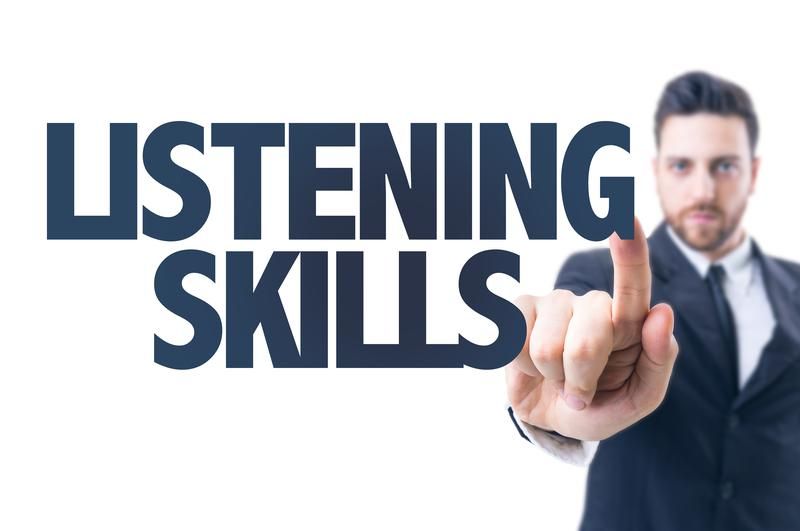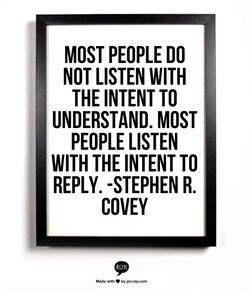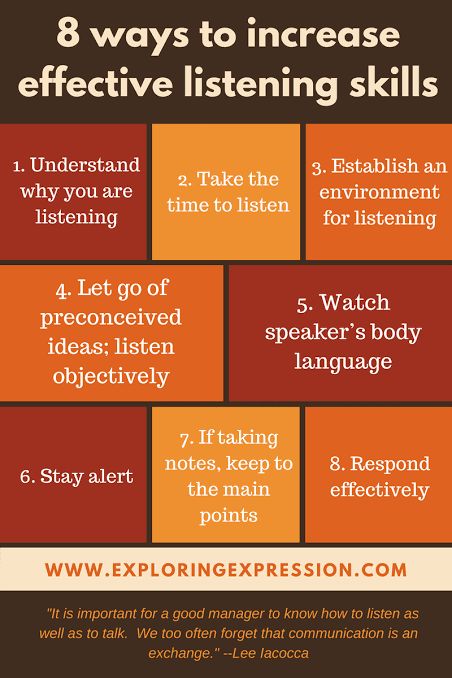Listening Skills
Jun 23, 2019 • 46 views
I will give 1 rupee to a good speaker but 2 rupee to a Powerful Listener!💐

Why listening skils?
You want to learn? A healthy life is almost impossible without learning so how do we learn? By giving advice? By speaking? By talking? No. Because whatever you speak or advice you already know that! That's why you are speaking that. But how to learn new things? Simple. By listening. That is a skill and you can learn that.

Listen to understand, not to reply
When someone is saying something we reply instantly as if we understood what the other person said. Is it not like that that we don't want to learn? It appears to be so. Life is very boring and silly without learning. So listen to understand. Listening carefully is like meditation. Meditation is done for awareness and not for being judgemental.
What is listening
Listening differs fromobeying. A person who receives and understands information or an instruction, and then chooses not to comply with it or not to agree to it, has listened to the speaker, even though the result is not what the speaker wanted.Listening is a term in which the listener listens to the one who produced the sound to be listened. A Semiotician,Roland Barthescharacterized the distinction between listening and hearing."Hearing is a physiological phenomenon; listening is a psychological act."We are always hearing, most of the time subconsciously. Listening is done by choice. It is the interpretative action taken by someone in order to understand and potentially make meaning of something they hear.
Tips to develop listening skills
Be attentive.
Listen with patience.
Be interested.
Imagine the words of other person.
Don't interrupt.
Keep an open mind.

According to Oxford Living Dictionaries, tolistenis to give attention to sound or action.When listening, one is hearing what others are saying, and trying to understand what it means.The act of listening involves complex affective, cognitive, and behavioral processes.Affective processes include the motivation to listen to others; cognitive processes include attending to, understanding, receiving, and interpreting content and relational messages; and behavioral processes include responding to others with verbal and nonverbal feedback -excerpt from wikipedia.
